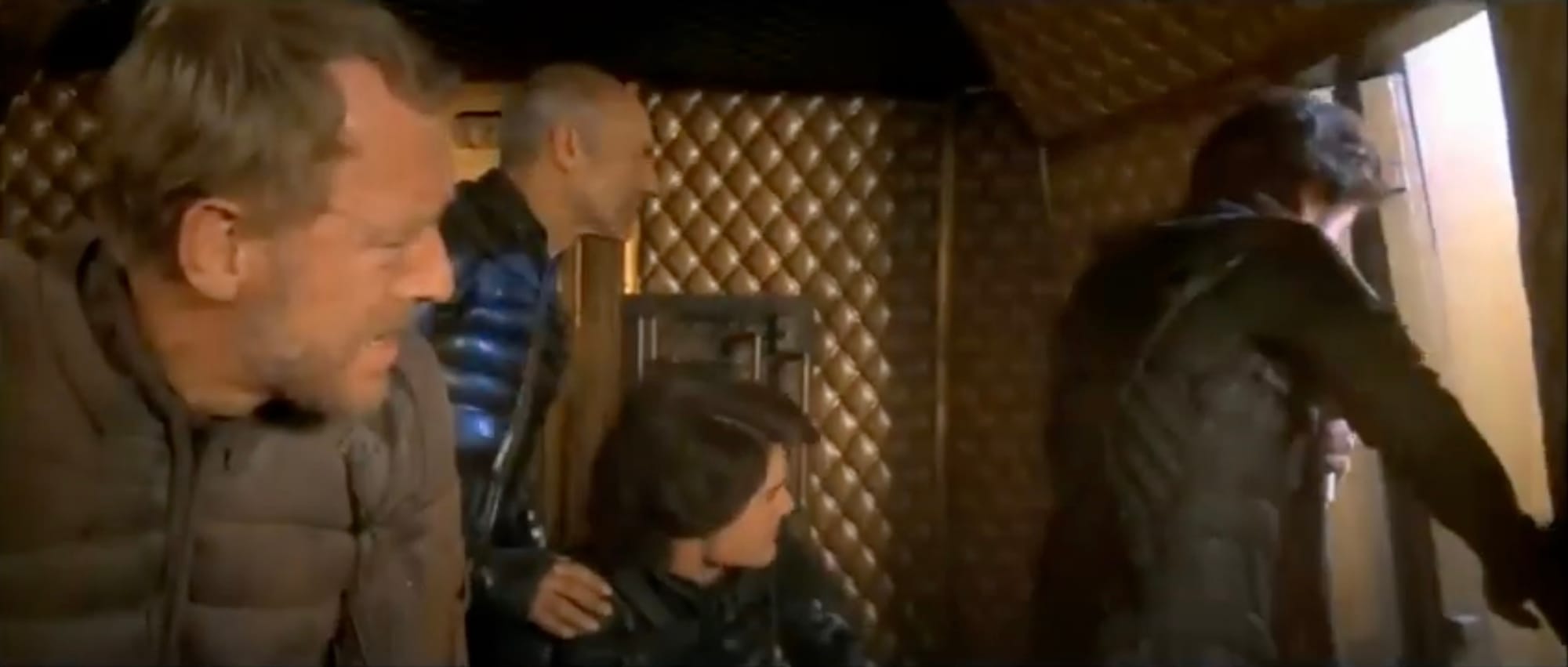Kudos to the team at Kurzgesagt. Beautiful concept and execution.
Posts by Irwin Chen
A Linguistic Explanation of 6-7
linguisticsI gotta say, this video was exactly what I was looking for. My son sent this to the Family group chat this morning (when he definitely wasn't supposed to be having his phone during school), and after watching it, I immediately subscribed. Not only does Dr. Taylor W Jones use the seal script for the Chinese word "wen" (culture, literature) as his YouTube channel icon, he has a PhD in linguistics and wrote his thesis on regional variation and AAVS (African American Vowel Shift) in African American English (Labov was in his dissertation committee). Sold.
His analysis here is both
I don't know if you can call this orality but it slaps
performanceI mean, of course, yes, this is about orality. But like everything, I came upon this from hopping from lilypad to internet lilypad, from Mark Rebillet to Beardyman to DSharp here, and then from this to Kendrick Lamar, and I found this interview with him and Rick Rubin. Check the first few minutes of it and hear how he writes his songs:
Shoutout to ARIatHOME
oralityI don't care if it's "staged" or if there's coordination behind the scenes. These performers still have to bring it and lay it down on demand. I'm sure there's plenty of editing that happens in these Shorts but the bursts of freestyle are real and it makes me appreciate living in New York City.

Really Damn Sloppy
oralityAI chatbots are recreating Borges' infinite library by hallucinating books that don't exist - and people are trying to check them out.

We're moving towards Borges' "Library of Babel," an infinite library that contains every possible book, including countless volumes of gibberish. But what this looks like in reality is so much more insidious than meaningless jumbles of letters. AI Slop looks all too real.
An emerging problem is that actual books are being printed which are generated (fully or partially) by LLMs. We don't have hard and fast numbers on this yet but we know this is a problem with eBooks on the Amazon Kindle store. But there are also the equally problematic references by AI chatbots to imaginary sources. As
LLMs are lossy. So what?
aiLLMs are never going to perfectly simulate human consciousness. That's not the end goal. Like any massively earth-shattering technology, it will see just how far it be developed.
:quality(75)/https%3A%2F%2Fassets.lareviewofbooks.org%2Fuploads%2Flifecycle-softwareobjects-web__85640.jpg)
In a wide-ranging interview with Ted Chiang in the Los Angeles Review of Books (I love that their acronym is LARB), the acclaimed sci-fi author pushes back against the notion that mathematics could serve as a universal language: "Math can describe physical phenomena with incredible precision, but it's terrible at describing human experiences."
This made me stop for a moment. Let's say this is true, that we can't describe human experiences with math. And if we agree that what LLMs and the whole neural network project is trying to do exactly that (ie, simulate or approximate or generate human experiences


